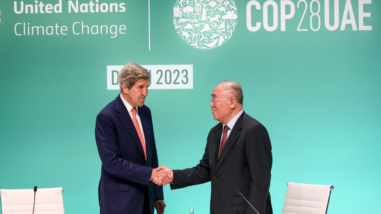Yale University
For Research On Reproductive Health In Ghana
-
Amount$200,000
-
Program
-
Date Awarded7/15/2014
-
Term24 Months
-
Type of SupportProject
Strategies
Overview
This grant would support research to understand the trends and differences in women’s productivity and empowerment in Ghana, and the consequences of empowerment on the welfare of women and their children. The proposed research will analyze trends in women’s paid employment, self-employment, and home production using data from the Ghana Panel Survey. It will examine factors that impact women’s time allocation and productivity, such as local crop and industrial composition, women’s control of land and other assets, and education. Developing this framework for women’s economic productivity will provide a means to compare how alternative policies can facilitate women’s empowerment.
About the Grantee
Grantee Website
www.yale.edu
Address
25 Science Park – 3rd Floor Office of Sponsored Projects
P.O. Box 208327, New Haven, CT, 06520-8327, United States
Grants to this Grantee
for the Law and Political Economy Project at Yale Law School
Legal scholarship and practice have been central to neoliberalism’s success as both a conceptual paradigm and a political and economic practice. While neoliberalism is most commonly associated with economics and the social sciences — particularly among thinkers such as Friedrich Hayek and Milton Friedman — it is through the co-opting of legal scholarship, doctrine, and practice that neoliberal concepts have had their most far-reaching effects. Law and Political Economy (LPE), an emerging approach in legal scholarship and pedagogy, is the defining response to neoliberalism in the current legal academy. The work funded through this grant has been focused on advancing this approach. Its objective is to develop LPE into a wide-ranging shift that will change the way law is studied and taught, the public discussion of legal and political institutions and power, and law’s role in policymaking and political mobilization.



